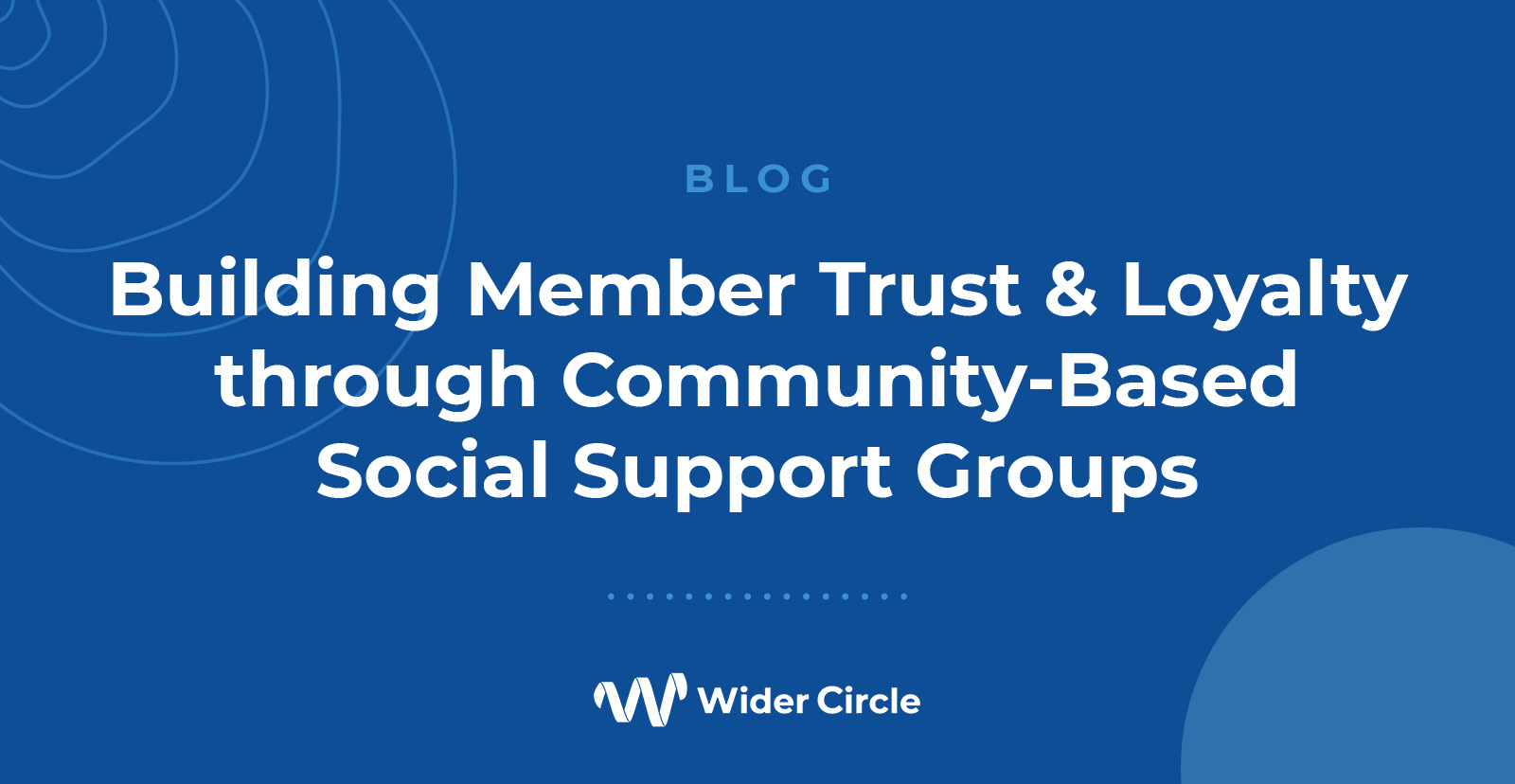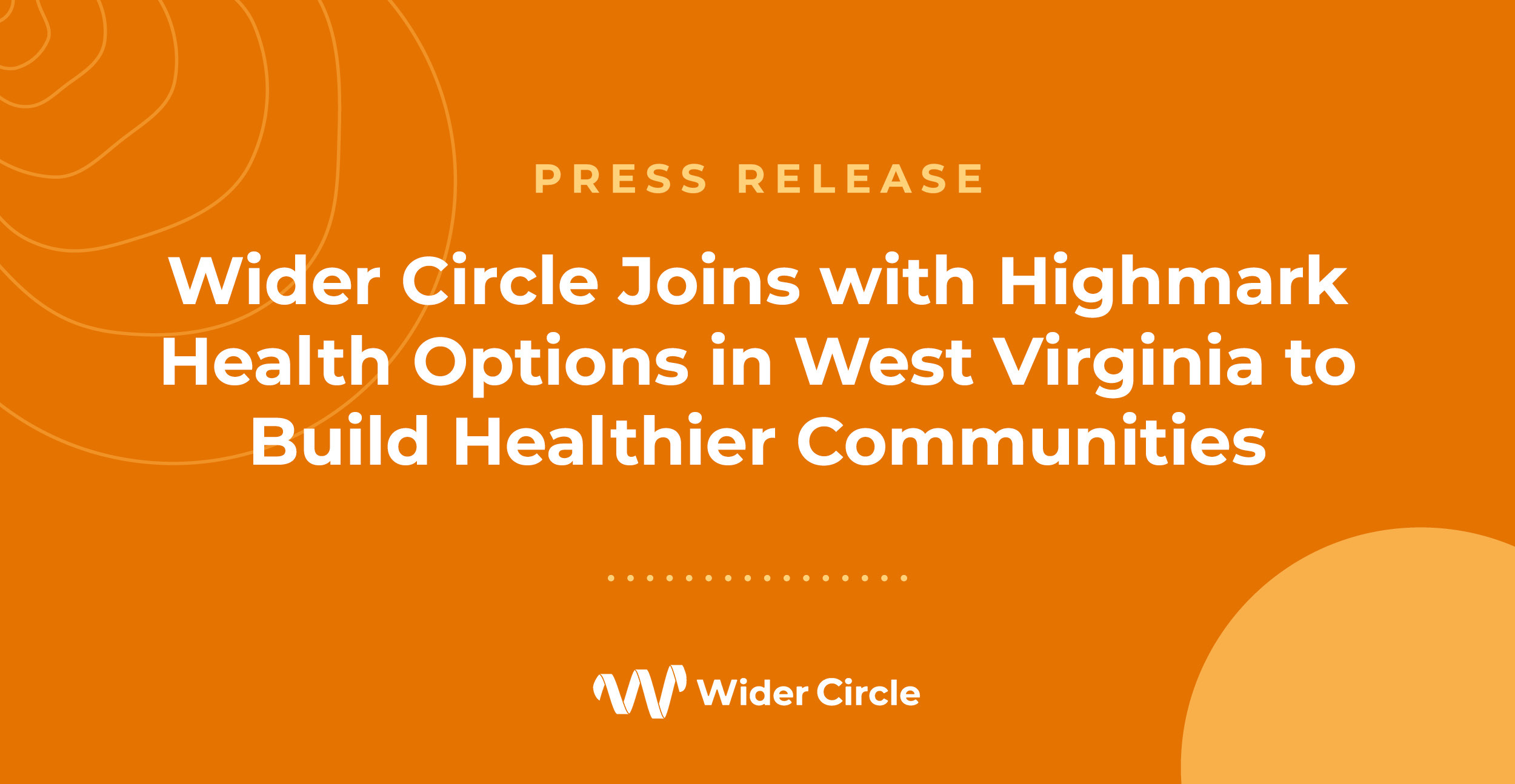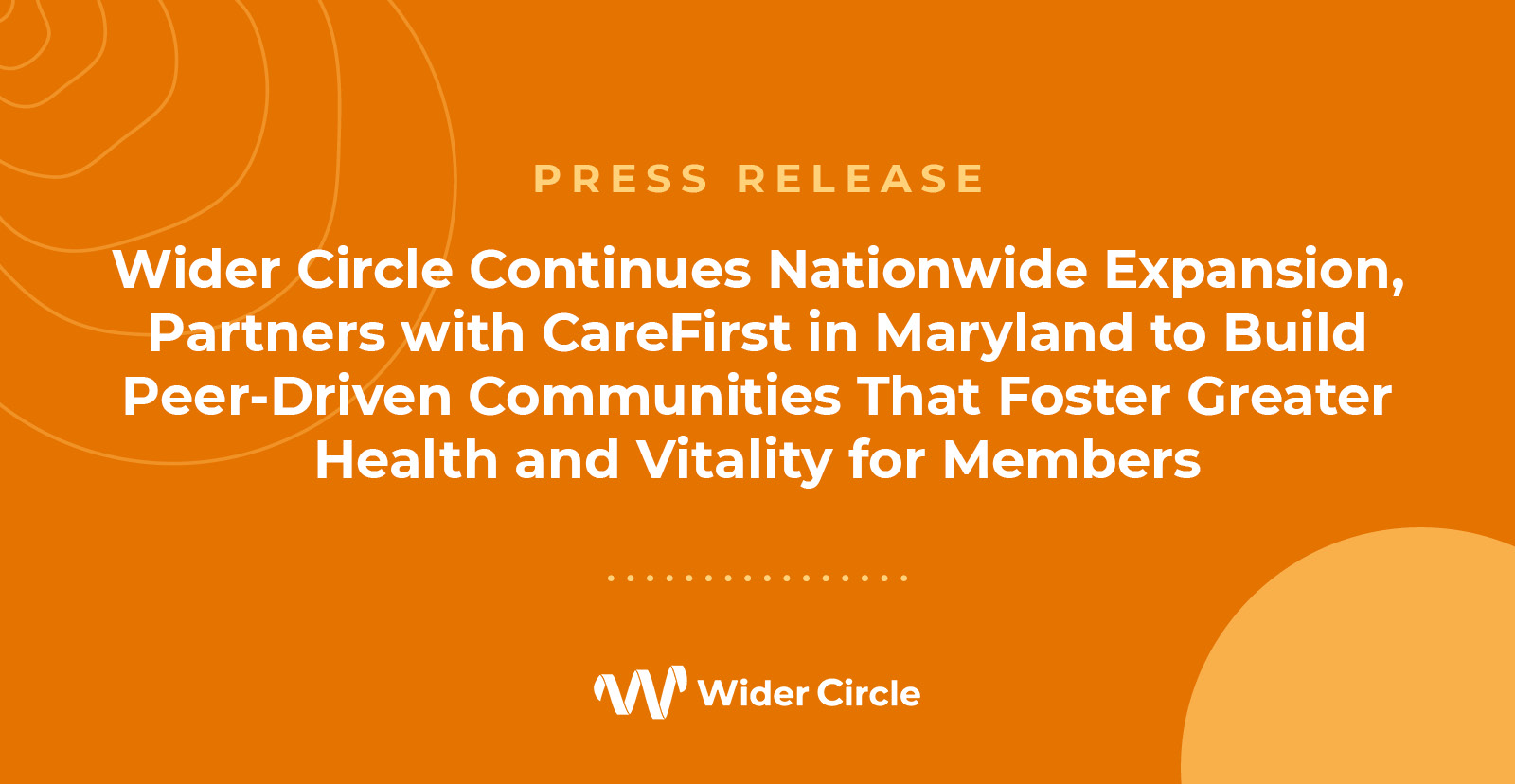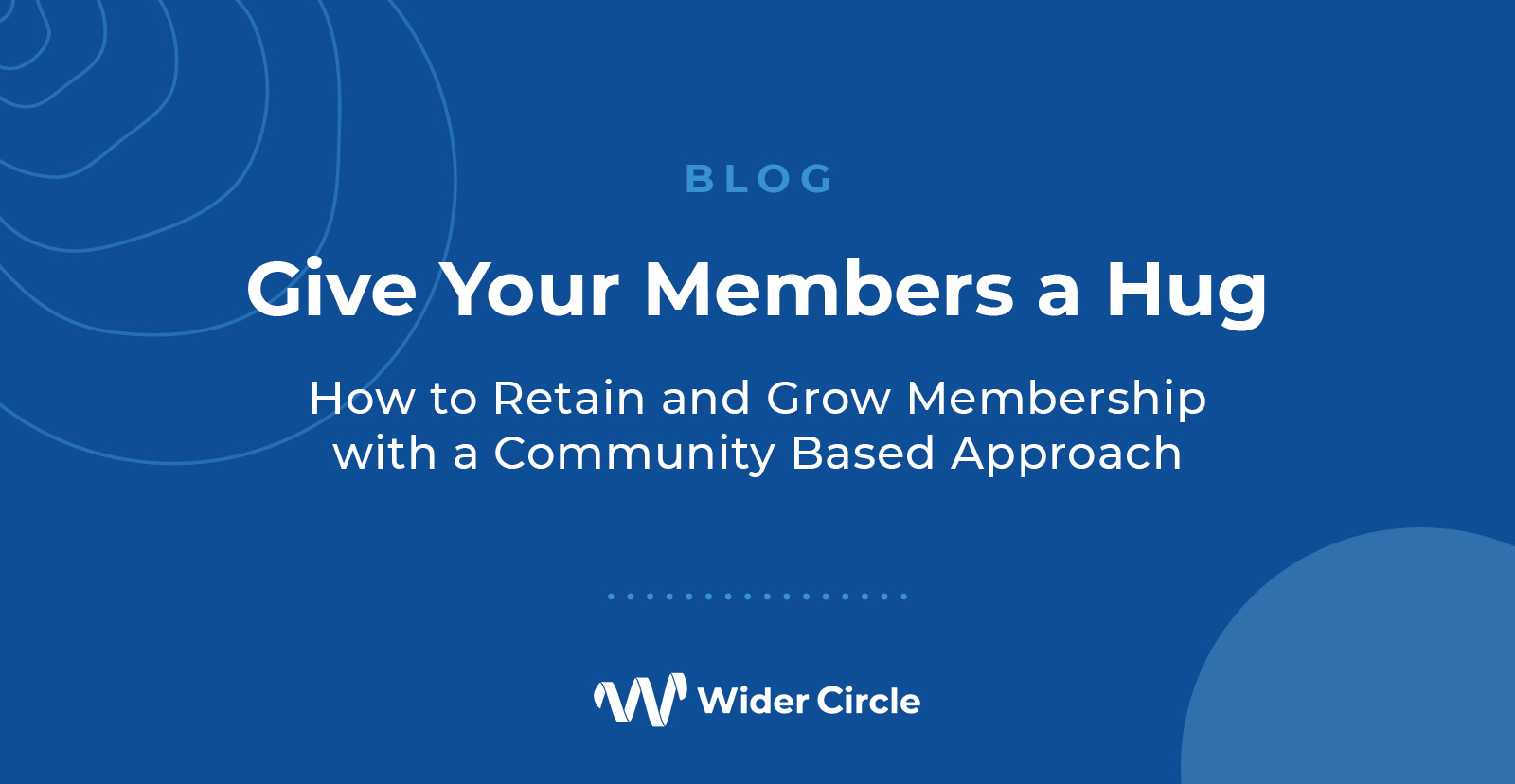
Healthcare delivery has evolved beyond traditional models, with a new focus on building trust and loyalty among members. A recent AHIP webinar featuring Wider Circle’s Dr. Claude Pinnock, Chief Medical Officer, and Bill Friedman, Vice President of Payer Engagement, addressed how community-based social support initiatives are reshaping member engagement in healthcare. The discussion highlighted the impact of peer-to-peer approaches on outcomes, health equity, engagement, cost of care, and retention.
Combating Loneliness and Social Isolation
Wider Circle, through its Connect for Life (CFL) program, employs analytics, social engineering, and the psychology of influence to create lasting neighborhood groups, or “circles,” of health plan members. Wider Circle’s methodology involves uplifting individuals in these communities by leveraging facilitators, establishing trust with members, and tailoring interventions to meet specific community needs. These circles address social determinants of health (SDoH) through culturally competent strategies, emphasizing neighbors helping neighbors to reduce social isolation and contribute to happier, healthier, and more active lives.
Local Community Support Groups: Closing Gaps and Improving Outcomes
Wider Circle’s hyper-local peer support groups use data algorithms to identify cohorts based on risk and patterns of suboptimal health behaviors. The program engages with these populations, gaining insights into different personas and tailoring interventions to address unique community challenges. By training local community staff and facilitating group formation, Wider Circle builds trust between the organization, brand ambassadors, and members.
These methods routinely close HEDIS gaps, raise CAHPS, and improve member satisfaction. Dr. Pinnock and Friedman presented evidence of the program’s success through an actuarially validated methodology that demonstrated significant improvements, including a 3.8X increase in members transitioning from loneliness to a sense of community. Performance metrics indicated better engagement, increased annual wellness visits, and decreased hospital days, ultimately building a direct line of sight to ROI and lowering member attrition by up to 50%.
Tackling Social Determinants of Health at Scale: A Measurable ROI
A cornerstone of CFL and Wider Circle lies in its innovative approach to addressing SDoH at scale, presenting a compelling case for a measurable ROI. Thousands of peer ambassadors, actively engage with members to purposefully enhance quality measures, improve health outcomes, and elevate the overall member experience.
The program is especially effective in addressing for dual eligible members. This population faces many challenges, including food insecurity, limited health literacy, lack of access to transport, lower education, and reduced healthcare access resources. By functioning as a trust-building organization focused on tackling these social needs, the program has discovered a sweet spot in fostering meaningful connections and addressing the unique challenges faced by dual eligible individuals.
By identifying specific cohorts, such as members with high emergency department utilization for non-emergent conditions or those with chronic diseases lacking a Primary Care Physician (PCP), CFL strategically targets its outreach efforts. With a meticulously crafted engagement funnel, the program boasts a commendable 26% engagement rate and an impressive 20% overall enrollment in the program from the targeted cohorts. These metrics underscore not only the program’s ability to connect with its intended audience, but also its success in securing active participation and enrollment, ultimately contributing to the broader goal of improving member trust, motivation, and health outcomes.
The Importance of a Validated ROI Methodology
The webinar emphasized the program’s commitment to a robust and validated ROI methodology, and its dedication to scientifically sound practices. Dr. Pinnock shared how the company facilitates matching members and undergoes rigorous studies — akin to actuarial analyses — to ensure maximum effectiveness.
In 2023, Wider Circle received external validation from a leading actuarial firm that reviewed its methodology, confirming its reasonability and appropriateness. This commitment to transparency and accountability positions the program as a trustworthy entity in the healthcare landscape, showcasing a dedication to data-driven decision-making.
As healthcare evolves, community-based models offer a promising path towards improving member trust, loyalty, and overall well-being. Wider Circle’s success demonstrates the transformative potential of peer support groups in addressing SDoH and fostering meaningful connections within communities.
To view this AHIP webinar in full, please visit this link.


